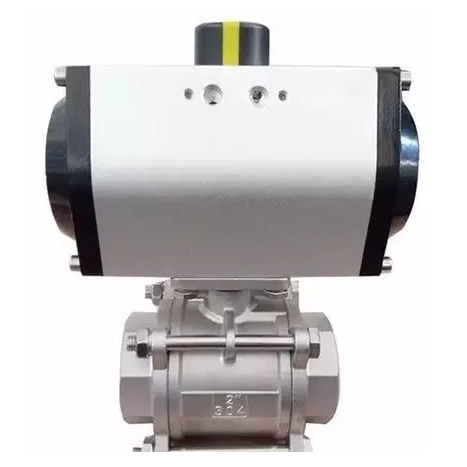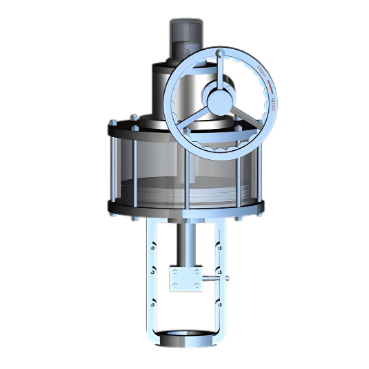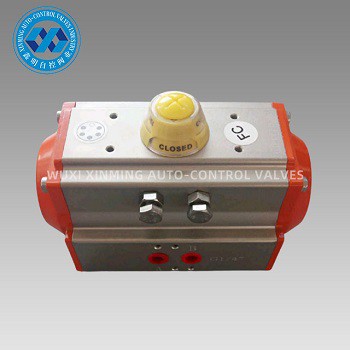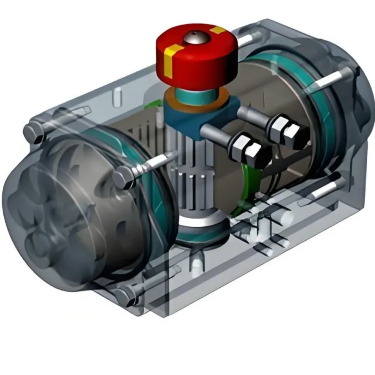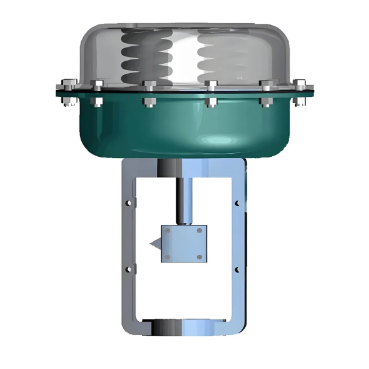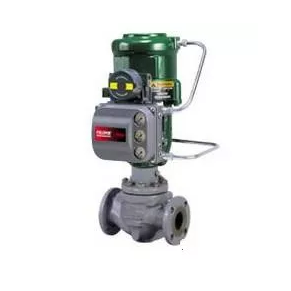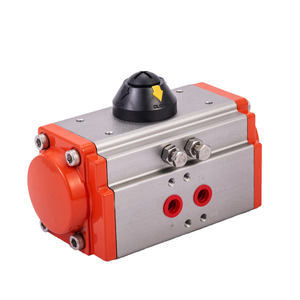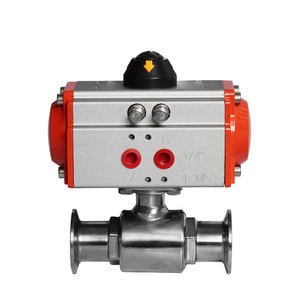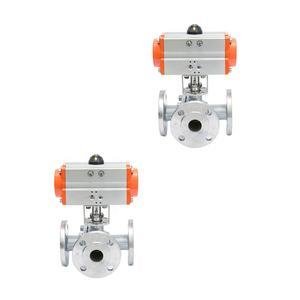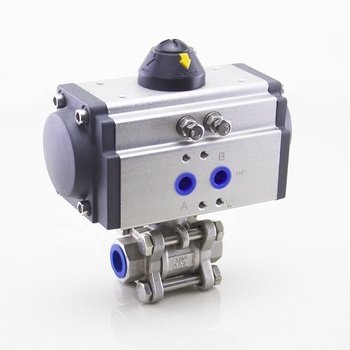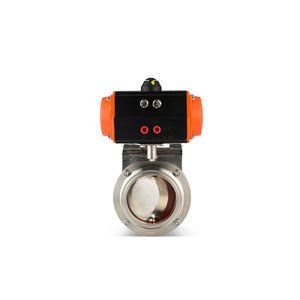The speed at which a valve actuator
operates has a profound impact on process efficiency across various
industries.
Pneumatic actuators, known for their rapid
response, are highly beneficial in chemical processing plants. In processes
where split - second reactions occur, such as in the production of certain
chemicals, the quick opening and closing of valves by pneumatic actuators
ensure that reactants are introduced at the right time. This not only speeds up
the chemical reaction but also minimizes waste.
Hydraulic actuators, despite being slower
in comparison, offer high torque. In power plants, large - scale valves require
substantial force to operate. Although the operation may not be as rapid as
pneumatic actuators, their ability to handle large valves efficiently is
crucial. For instance, in steam - powered turbines, hydraulic actuators can
precisely control the flow of steam, optimizing energy generation.
Electric actuators provide precise control
over valve speed. In HVAC systems, they can adjust the flow of air or coolant
gradually. This not only improves the comfort of the indoor environment but
also reduces energy consumption.
Overall, choosing the right type of valve
actuator with an appropriate speed is vital. By matching the actuator's speed
to the requirements of the industrial process, companies can enhance system
efficiency, reduce operational costs, and ensure reliable production.
If you want to learn more about low-priced products, please visit the following website: www.xm-valveactuator.com


